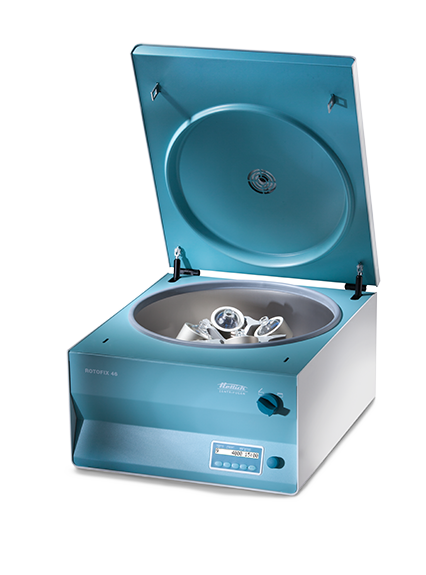
Factors to Consider When Purchasing a Benchtop Centrifuge
Benchtop centrifuges are laboratory equipment that are operated using an electric motor. The electric motor will use force that’s perpendicular to the axis to put a specific object into rotation. Centrifuges come in various forms and types. Benchtop centrifuges are also referred to as tabletop centrifuges.
In terms of usage, benchtop centrifuges have various applications including filtration, sedimentation, and column chromatography. For those who want to invest in a benchtop centrifuge, there are important factors that need to be considered to ensure you have a tool that suits your needs and budget. Some of the considerations include:
Floor Area
Floor centrifuges are typically bulky, therefore, they can take some space in clinics and laboratory facilities. Those with limited space should opt for a tabletop centrifuge as they can be placed on any lab tables without taking up much space.
For temporary clinics, diagnostic centers, and other mobile facilities, benchtop centrifuges are considered ideal. Thanks to their compact size, they are very easy to set up and can be used with ease.
Speed and Purpose
In terms of speed, benchtop centrifuges can differ. High-speed instruments are considered ideal for whole-cell harvesting as well as nucleic acid applications. They usually make use of an angle rotor to reduce air resistance to achieve higher speed.
On the other hand, low-speed clinical centrifuges are often used with swinging buckets, ideal for blood separation. Some can function as cell washers depending on their make and type.
Before purchasing a tabletop centrifuge, make sure you take into account the application. It is also recommended that you determine the core features that suit your needs including size, speed, rotor type, and capacity.
